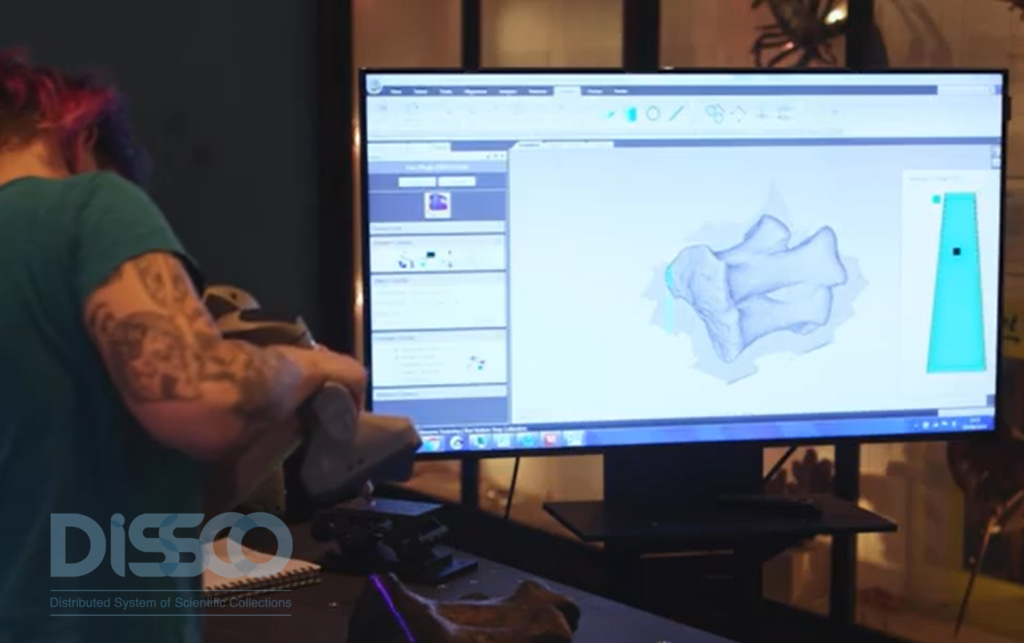Registration deadline: 20 June 2023 (Registration is free. Only the trainees who will be selected to participate the course will be requested to pay the fees).
Language: English
Location: Natural History Museum of Crete – University of Crete
Fee: 500 € It includes coffees and lunches. For accommodation and dinners special prices have been arranged.
The course will target the basic and important steps and standards of the digitisation process of all biological, geological, paleontological & mineralogical data of the natural history collections. These are:
- Data quality for ensuring the maximum quality when digitising taxonomic, geographical, collection and descriptive data such as taxonomic data, specimens and materials, literature data, field work notes, occurrence data, remote sensing data, etc.
- Data cleaning in order to improve the quality of data and make them “fit-for-use” by defining and determining error types, search and identify error instances, correct the errors, document error instances and error types and modify data entry procedures to reduce future errors.
- The data visualisation focusing in applying visualisation techniques in clean data.
- Biodiversity Data Standards, such as Darwin Core, which are documented agreements on representation, format, definition, structuring, tagging, transmission, manipulation, use, and management of data, in order to ensure that data can be easily verified, analysed and reused by the wider scientific community.
- ABCDEFG Standards which give access to Biological Collection Databases extended for Geosciences.
- Publishing of data using the IPT (INTEGRATED PUBLISHING TOOLKIT) for the biological data and the GeoCASe platform for the geological, palaeontological & mineralogical data.
- The types of Data Sets convenient for publication in GeoCASe platform.
The course will be a 5 days hands-on experience, since, according to its schedule, most of the time is dedicated to exercises on data quality and cleaning while group work will ensure and motivate interaction between trainees and trainers and foster lively discussions. Moreover, trainees will have the possibility to bring sample(s) of their institutional biodiversity and geodiversity digital database and exercise on them.
TARGET GROUPS
The course is addressed to everyone who is engaged in biological and geological collections and their data, such as Curators and Collections’ managers, Directors/Senior managers, Collections’ Digitization managers/officers, Scientists on bio- or geo informatics, Students (Graduates, Post graduates, MSc, PhD), Technicians of collections.
The course has been evaluated as a successful course through its four times implementation and standardisation in the frames of the EU COST Action CA17106 on “Mobilising Data, Experts and Policies in Scientific Collections-MOBILISE”.
Please, click here for a complete description of the course. You may also register here.
This post was first published on the DiSSCo website.


